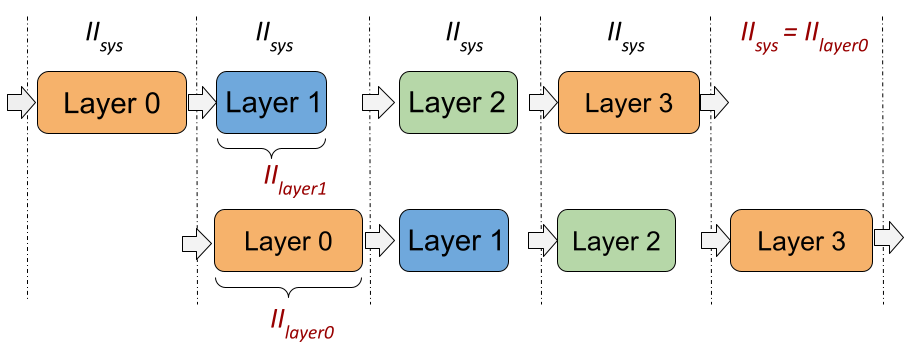Accelerating Recurrent Neural Networks for Gravitational Wave Experiments
This paper presents novel reconfigurable architectures for reducing the latency of recurrent neural networks (RNNs) that are used for detecting gravitational waves. Gravitational interferometers such as the LIGO detectors capture cosmic events such as black hole mergers which happen at unknown times and of varying durations, producing time-series data. We have developed a new architecture capable of accelerating RNN inference for analyzing time-series data from LIGO detectors. This architecture is based on optimizing the initiation intervals (II) in a multi-layer LSTM (Long Short-Term Memory) network, by identifying appropriate reuse factors for each layer. A customizable template for this architecture has been designed, which enables the generation of low-latency FPGA designs with efficient resource utilization using high-level synthesis tools. The proposed approach has been evaluated based on two LSTM models, targeting a ZYNQ 7045 FPGA and a U250 FPGA. Experimental results show that with balanced II, the number of DSPs can be reduced up to 42% while achieving the same IIs. When compared to other FPGA-based LSTM designs, our design can achieve about 4.92 to 12.4 times lower latency.
PDF Abstract

